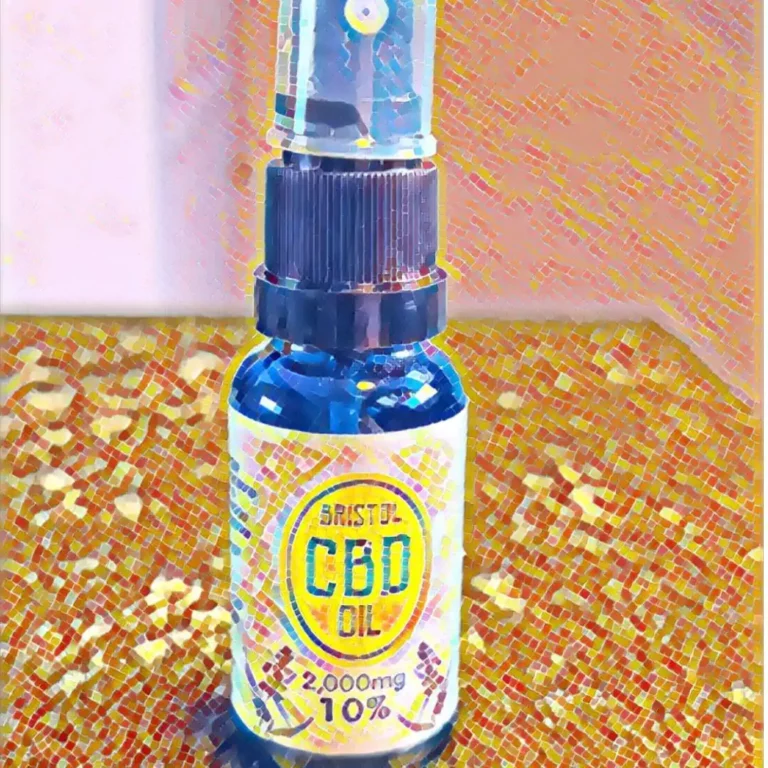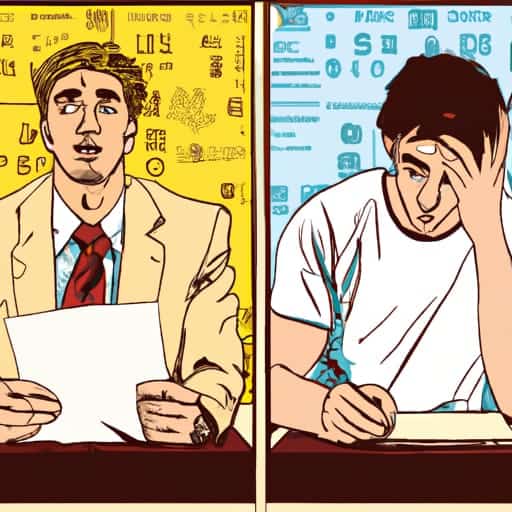What is Amitryptiline?

Amitriptyline, marketed under the brand name Elavil, was the second tricyclic antidepressant to enter the market for major depressive disorder in 1961. Amitriptyline has proven an effective therapy in a variety of illness states and disorders since its introduction. It is no longer one of the most commonly prescribed antidepressants.
In the United States, according to the FDA, Amitriptyline is indicated for:
- The treatment of major depressive disorder in adults
- The treatment of neuropathic pain in adults
- The prophylactic treatment of chronic tension type headache (CTTH) in adults
- The prophylactic treatment of migraine in adults
In the UK, it is licensed for:
- Pain or discomfort in the abdomen (in patients who have not responded to laxatives, loperamide, or antispasmodics)
- Major depressive disorder [not advised—increased chance of overdose death]
- Patients with cardiovascular illness who have major depressive disorder [Not advised—increased risk of lethal overdose]
- Migraine prevention, neuropathic pain
- Prophylaxis for chronic tension headaches
- Emotional lability in multiple sclerosis
Amitryptiline is not commonly used for depression these days, despite it being effective. In the Lancet Study from 2018, where effectiveness and tolerability were both looked at, it performed much better than placebo and came out at the top despite its age. It is commonly prescribed for nerve pain and even to help sleep, but at lower doses than needed for depression.
It is sometimes used off license for fibromyalgia pain but there is no clinical trial supporting that yet.
Amitryptiline is dangerous in overdose and usually kills by effecting the heart. It is safe when taken at doses prescribed by a qualified clinician.
DO NOT go above prescribed dose.
Effective Dose of Amitryptiline for Depression
The Maudsley Prescribing Guidelines suggest that 75 mg and above are an effective dose for depression.
The British National Formulary suggests prescribing at 25 mg twice a day with increases up to a maximum of 150mg
Half Life of Amitryptiline
Amitryptiline stays in your body for quite a long time. It takes on average 25 hours for half of it to be excreted from the body, which means there is still some amtriptyiline in most people up to 50 hours from the time they took it.
Amitryptiline Side Effects
Side effects such as drowsiness and dry mouth are very common, as is a prolongation of your heart’s QT interval. This might sound trivial, but amitriptyline’s effect on your heart needs to be borne in mind and you might need an ECG to make sure it’s safe for you to take.
Risk of side effects is reduced by increasing the dose slowly from the minimum to the effective dose up to 3 days.
Reduced doses should be used in elderly people.
Contraindications
Amitryptiline should be avoided for people with heart conditions, or people who are suicidal, or people with a history of bipolar disorder as it might make them manic.
People with a history of epilepsy or who are pregnant or who are breastfeeding (as it will be passed to the baby in breast milk) or who suffer from constipation or urinary retention should probably avoid amitryptiline.
Overdose
Amitriptyline is dangerous in overdose with high fatality. If an overdose has occurred, emergency medical attention must be sought in hospital for urgent treatment of poisoning.
Conclusion
Amitryptiline is an older but still effective antidepressant. It carries risks and anyone considering taking it should have it prescribed by a qualified professional who is aware of your medical history and any other medication you are taking.
However, don’t rule out if it is safe for you to take, because since the 1960s, it has been proven to help depression and often improve anxiety.
People with certain medical conditions should avoid taking it. Please consult your healthcare provider.
Related Articles
Top 5 Herbs in Ayurveda for Treatment of OCD
Depression After Stopping Drinking
5 Most Effective Antidepressants for Anxiety and Depression (and 3 you should avoid)






